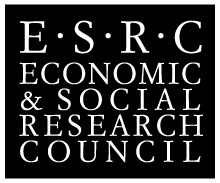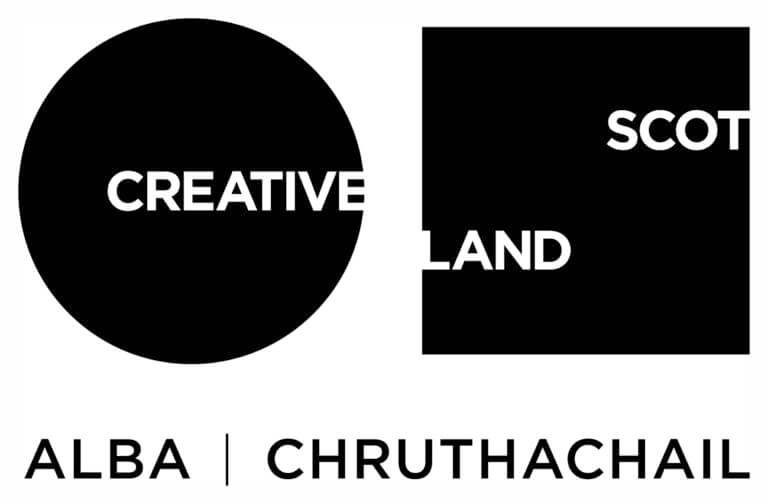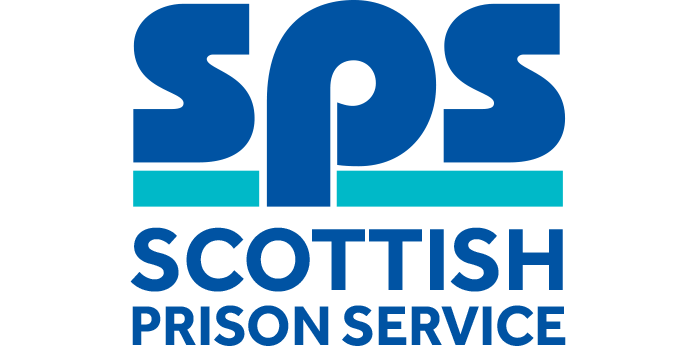About Distant Voices
Distant Voices – Coming Home
What are our aims?
‘Distant Voices – Coming Home’ is a project that aims to turn conventional understandings of ‘offender rehabilitation’ on their head: Instead of focusing on changing people who have offended, we want to better understand and to change the ways they are received when they ‘come home’ after punishment.
What is our approach?
Our approach combines creative practice (mainly song-writing and sharing), research and knowledge exchange in order to:
(1) improve understanding of,
(2) develop practices of, and
(3) engage a range of people and institutions in the reintegration of those who have been through the justice system.
As a ‘collaborative action research’ project, Distant Voices draws on the personal and professional experience of a wide variety of people. The researchers come from different backgrounds, including community development, criminology, popular music, politics and youth work. We have also established a core group of participants to guide the project; that group brings first-hand knowledge of criminal justice – whether as people who have been through the system, or who have family members who have been through it, or who work in it.
What questions are we trying to answer?
There are four main questions that we are trying to answer:
- How do people in different situations and with different roles and experience, make sense of and engage in re/integration?
- How and with what effects does making and sharing art (mainly songs) represent and support re/integration?
- To what extent and in what ways can public dialogue (mediated through music) about re/integration build connections between people and groups and support re/integration?
- To what extent and in what ways does taking part in these activities stimulate wider participation in other aspects of social and political life?
What are we actually doing, and how are we doing it?
In simple terms, we help people make songs together that reflect on their experiences, we share these songs in a variety of different ways, and we try to learn as much as we can along the way. To elaborate:
- Making: We run 2-day or 3-day songwriting ‘Vox sessions’ in open and closed prisons and in community justice settings, as well as with victims and community groups. These sessions involve people in prison or under criminal justice supervision and their families or supporters, criminal justice staff, victims and their families or supporters, academics, artists and representatives of other community groups. The sessions are the main site of our attempts to address questions 1 and 2 (above) through discussing, representing and experiencing re/integration via songwriting. Existing weekly open sessions (called ‘Vox Unbound’) also provide continuity of contact for people who want to stay involved with the project.
Sessions involve a small team – 2 or 3 musicians, a facilitator and a researcher. We do lots of group work initially, then break out into more one-to-one co-writing, with a musician supporting each individual. We record the songs on the final day. The songs are mastered after the end of the session, and then returned on CDs to the participants.
- Sharing: With the permission of the co-writers, we share songs in a wide variety of ways with different audiences. In May 2018, we released a studio recorded album – Not Known at this Address and held launch gigs for the album in Glasgow, Dundee and Edinburgh. During 2018, we also ran prison gigs (in Castle Huntly, Inverness, Polmont, Barlinnie and Glenochil). We’ve also put on ‘house gigs’: informal performances, where two musicians perform and converse about songs with audiences of about 12-15, in people’s homes. We’ve also been invited to present the work at numerous academic and criminal justice-related conferences. We’ve recently released an EP titled ‘Oblivion and Beyond’ with launch gigs in Inverness and Thurso and are planning another release as well as a series of related events and activities that will take place in early 2020.
More broadly, we have developed this website to share the work of the project and invites public responses. The website features written material, audio recordings of songs from the sessions, podcasts and short films.
- Learning: These ‘Making’ and ‘Sharing’ activities provide the focus for our learning about re/integration, but capturing the learning relied on three further methods.
Firstly, members of the research team and core group engage in, recording and reflecting on the full range of activities described above.
Secondly, we also hold quarterly research workshops where the core group reflects critically upon the material we are generating and helps us determine what further forms of enquiry are required to fully address the research questions.
Thirdly, we also use practice-led research methods where we follow ‘clews’ (or lines of inquiry) rather than answering specific questions: The theme of ‘homecoming’ provides the overall clew. In the Core Group, we have developed an approach we call TREEs (‘Tiny Research Enquiries and Explorations’) in which members of the Core Group have identified more specific clews that they wanted to explore. Some of these have involved creative explorations (for example, writing songs in response to songs); others have used more conventional social scientific methods (for example, conducting interviews or focus groups with specific populations to explore reactions to songs on the album).
If you have any other questions or comments, don’t hesitate to get in touch…!








